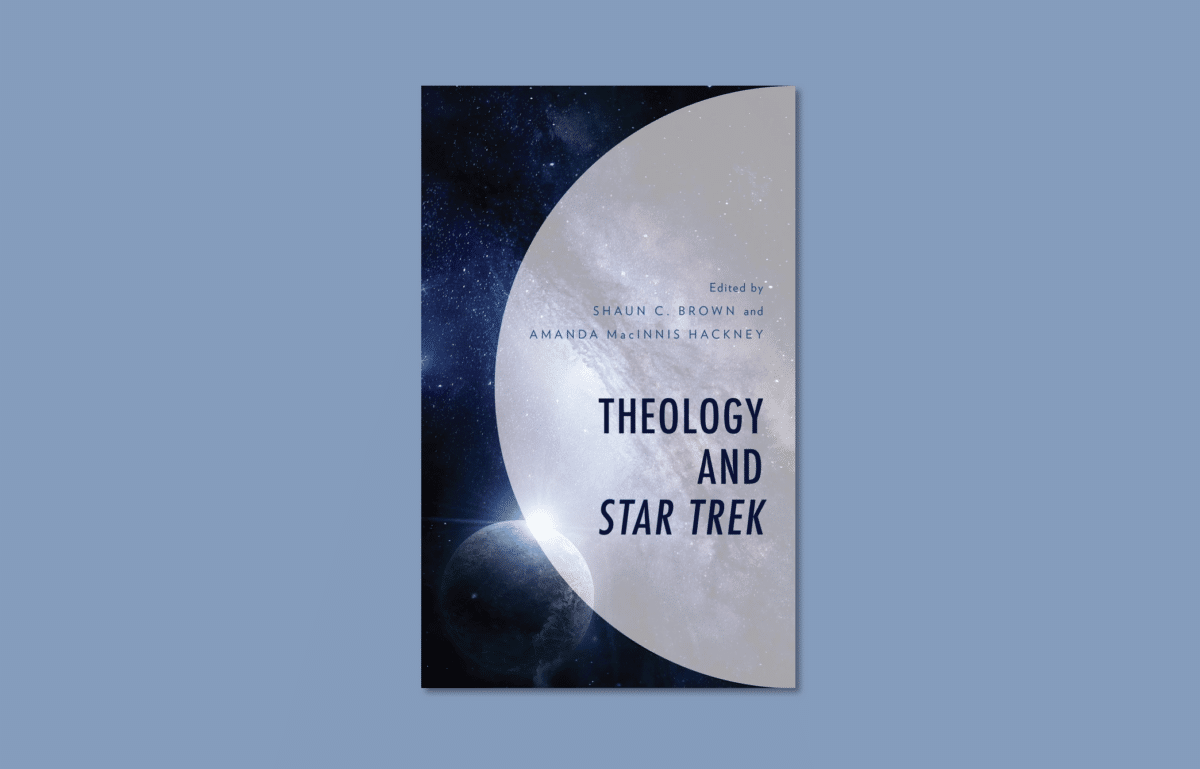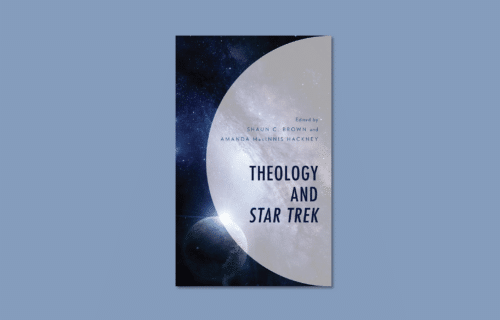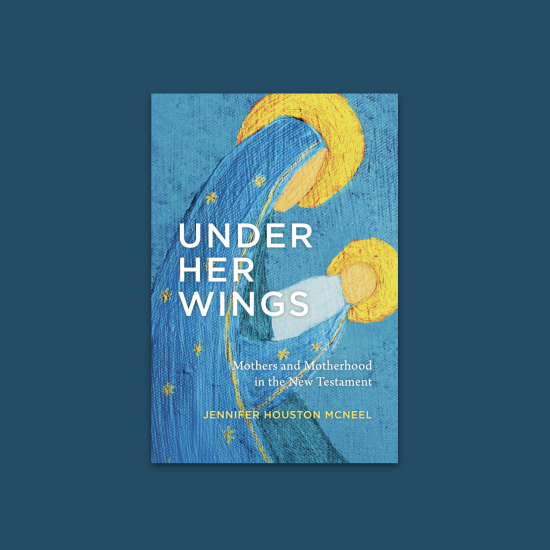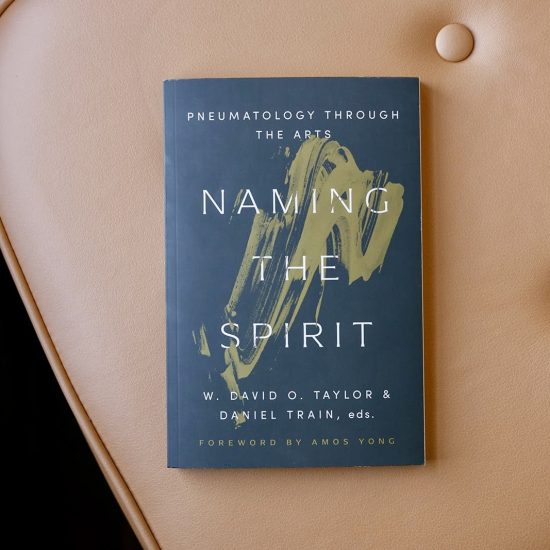

THEOLOGY AND STAR TREK (Theology, Religion, and Pop Culture). Edited by Shaun C. Brown and Amanda MacInnis Hackney. Lanham, MD: Lexington Books/Fortress Academic, 2023. Xxi + 307 pages.
I didn’t get introduced to Star Trek until after it went into syndication, but once I started watching, I was hooked. I even liked the first movie though I admit it wasn’t the best. As a theologian, I was excited to see the publication of a book examining the relationship between one of my favorite TV/Movie franchises and my professional interest in theology. Thankfully, the publisher provided me with a review copy. As with the previously published volume on Theology and the Star Wars Universe, which I also read and reviewed, Theology and Star Trek offers the reader a collection of essays written by theologians and biblical scholars who explore the relationship between their chosen academic fields and the world of Star Trek. What makes exploring the relationship between theology and Star Trek more challenging than the earlier book on the relationship of theology with Star Wars is that Gene Roddenberry, the creator of the Star Trek franchise, was a humanist who largely sought to exclude religion from the series. Nevertheless, as these essays demonstrate, numerous connections can be explored, even if these connections are not always overt.

Robert D. Cornwall
This collection of essays is edited by Shaun C. Brown, the associate minister of First Christian Church (Disciples of Christ) in Garland, Texas, and an adjunct professor at Johnson University and Hope International University. Amanda MacInnis Hackney has taught theology, spiritual formation, and ethics at both college and seminary levels, and serves as the architect and curator of the Women and Theology Research Database. Both editors hold PhDs from Wycliffe College of the University of Toronto.
Shaun Brown provides the introduction to the collection, which covers the full spectrum of movies and series from the Original Series to Strange New Worlds. While this is not the first such exploration of the relationship of religion/theology to Star Trek, it is the most recent and perhaps the broadest exploration. In pursuit of this effort, as Brown notes, the contributors come from a variety of religious traditions and disciplines. Ultimately this serves as a work of constructive theology. In other words, the Star Trek franchise provides the essayists an opportunity to explore theological topics of interest in conversation in dialogue with the movie/TV franchise they have enjoyed. In other words, each of the contributors is a fan of the franchise. It is as a fan that they explore theological topics of interest.
Brown seeks to set the conversation here into an earlier one developed by the late Baptist theologian Stanley Grenz. In a book about postmodernism, Grenz suggested that while the Original Series represented Modernism (Enlightenment), Next Generation served as an example of postmodernism. I remember reading Grenz’s book and agreeing with his premise. Brown, however, in light of further developments in the franchise isn’t so sure that Grenz got it right. In fact, he believes that Next Generation also represents Modernism, while Deep Space Nine might better reflect postmodernism. Why might that be true? Remember the role religion plays in Deep Space Nine. Whatever the case, this effort to connect theology with Star Trek makes for intriguing reading for any committed to both entities. Just remember that this is intended to be a scholarly exercise in constructive theology.
The editors divided the book into four sections. Part I, which includes six chapters, is titled “These are the Voyages.” The chapters in this section lay out the overarching themes of the franchise, along with Roddenberry’s vision for Star Trek. This section is introduced by James McGrath’s extremely helpful essay “God’s and Theology in the Star Trek Universe: The First Commandment and the Prime Directive.” Although the chapter is brief, McGrath provides the basic foundation for what follows. A must-read chapter, it raises the question of whether, despite Roddenberry’s vision, God and gods do inhabit the world of Star Trek. As McGrath points out, Star Trek “challenges us to reflection whether we should expect to encounter “God, but not as we know it’ as we explore the universe” (p. 11). That is, as the crews of the various vessels encounter other beings, how might they fit categories of the divine? In addition to McGrath’s essay, others deal with canonicity and mythos (this is an important essay as canon has been a major issue with franchises such as this). There is an essay about time travel and theodicy (another critical theme). Other chapters deal with ritual, eschatology, and the lack of chaplains in Star Fleet! This final essay in Part 1 raises an important question: where are the chaplains? Robert Stroud explores this question, asking why Roddenberry might have chosen not to include them. There are, of course, counselors, but not chaplains. But is it possible that in the twenty-third century, no one has questions about matters divine? Probably not, especially since the question emerges at several different points. As for whether in the future chaplains will truly be absent is unknown. In this case, the absence is, as Stroud suggests, a monument to Roddenberry’s humanist vision.
Part 1 offers us several foundational essays. When we move into Part 2, the essayists delve more deeply into specific topics such as free will and machines, such as the malfunctions seen with Nomad, M-5, and Lore, all of which raise the question of sin. There is a chapter on theological anthropology that explores questions of Borg eschatology and alien flesh. This essay by Brett Potter explores such themes as immortality (the Borg do not fear death because their memories are stored in the collective) and theosis. Other essays explore political theology, social and ecological ethics/salvation (Voyage Home), Personhood (the story of Data), demons, and whether one can become a god. The focus here is on the Eastern Christian concept of theosis in conversation with visions of perfection in Star Trek. With the question of augments appearing in the chapter “Becoming Gods,” the following chapter deals with Julian Bashir’s augmentation through gene editing, a chapter that raises the question of the ethics of such efforts. The authors of the essay, Michael Buttney and Leah DeYoung, note that there isn’t an exact analog between Bashir’s situation and any modern technology, nevertheless, the question of what natural and unnatural remains is.
Part 3 is titled “To Explore and to Seek.” It focuses on questions of practice and spiritual formation. Chapters in this section focus on a variety of subjects including one focusing on sin and human progress. Another essay focuses on the difference between fundamentalism and openness using the work of Dietrich Bonhoeffer to explore differences between fundamentalism and openness using three figures from Deep Space Nine — Kai Winn, Vedic Bariel, and Benjamin Sisko (the emissary). This is a fascinating chapter that explores the central religious themes present in this series. Each figure expresses a different aspect of this fundamentalist-openness continuum. There is an essay on the liturgies of rest in the Star Trek universe, an essay that explores what essayist Amanda Hackney suggests are the often overlooked expressions of day-to-day life on board a spaceship or space station. She concludes that “good science fiction cultivates our imaginations by offering us a vision of ‘what could be’” (p. 240). That includes finding time to rest and enjoy life. Other essays explore the moral formation of the Klingons as well as the moral personhood of two figures who are androids or synthetic entities (Data and Soji), the Borg named Hugh, and Odo. This essay by Peter Hess is intriguing because it raises questions about artificial intelligence and the desire to be a person, the discovery of individuality (the Borg the Enterprise crew named Hugh after he was separated from the Collective), and Odo’s existence as a shapeshifter who had been brought to consciousness and forced to live among solids. Finally, there is a chapter looking at the question of human perfection and eschatology, comparing Roddenberry’s vision with that found in the Book of Hebrews.
Part 4, which is titled “To Boldly Go” contains an Epilogue written by Timothy Harvie that explores “Picard and the Future of Star Trek and Theology.” In this final essay/epilogue, Harvie addresses the question of the future of the Star Trek Franchise. He looks back to Roddenberry’s vision of a “future where, after the turmoil and conflict which has characterized the modern world, humanity worked to unify itself with the goal of creating a better society where neither hunger nor parasitic economics work to the detriment of persons.” In this vision that includes encounters with alien species who open up a universe lying beyond humanity’s violent past, theology does not play much of a role. Nevertheless, as we’ve seen the franchise offers lots of opportunities for theological reflection. While Roddenberry’s vision remains a driving force, the Star Trek vision is still under construction. In this essay, Harvie makes use of the work of the early twentieth-century philosopher Miguel de Unamuno, whose works are being read by Captain Rios in the first season of Picard. Unamuno provides a foundation for conversations about the role of grief and the quest for meaning. While Roddenberry might have sought to eliminate God from the conversation, the question of the meaning of life and personhood remains. Thus, there are fruitful avenues of discussion regarding theology present in the franchise. Harvie concludes the collection by noting that “the future of Star Trek offers less by way of a clear doctrinal or moral path, but it does portend the coming of the embodiment of feeling. In doing so, it still points a way past violent tribalisms and toward the co-feeling of sympathy expressed in profound solidarity with those who suffer” (p. 291).
Star Trek has, over the decades, dealt with many important social, cultural, and theological issues. Roddenberry may not have wanted to include God-talk in his franchise, but Star Trek provides numerous opportunities for theological reflection. As a fan of Star Trek who is also by training a historical theologian, I am grateful for this. We can be thankful to the editors, Shaun Brown, and Amanda Hackney for bringing together this collection of essays that open numerous opportunities for further theological exploration. The good news is that the Star Trek universe continues to expand. As for the book itself, it should be noted that this is designed as a scholarly exploration of theological themes in Star Trek. While that is true, for the most part, the essays are accessible to the non-specialist. It should be noted as well, that it is not an inexpensive volume. Readers might want to check for copies at a library (or through inter-library loan). Nevertheless, this is a volume worth perusing by those, like me, who are both fans of Star Trek and have an abiding interest in theology.
This review originally appeared on BobCornwall.com.
Robert D. Cornwall is an ordained minister in the Christian Church (Disciples of Christ). Now retired from his ministry at Central Woodward Christian Church (Disciples of Christ) of Troy, Michigan, he serves as Minister-at-Large in Troy. He holds a Ph.D. in Historical Theology from Fuller Theological Seminary and is the author of numerous books including his latest “Second Thoughts about the Second Coming: Understanding the End Times, Our Future, and Christian Hope” coauthored with Ronald J. Allen. His blog Ponderings on a Faith Journey can be found at www.bobcornwall.com.





